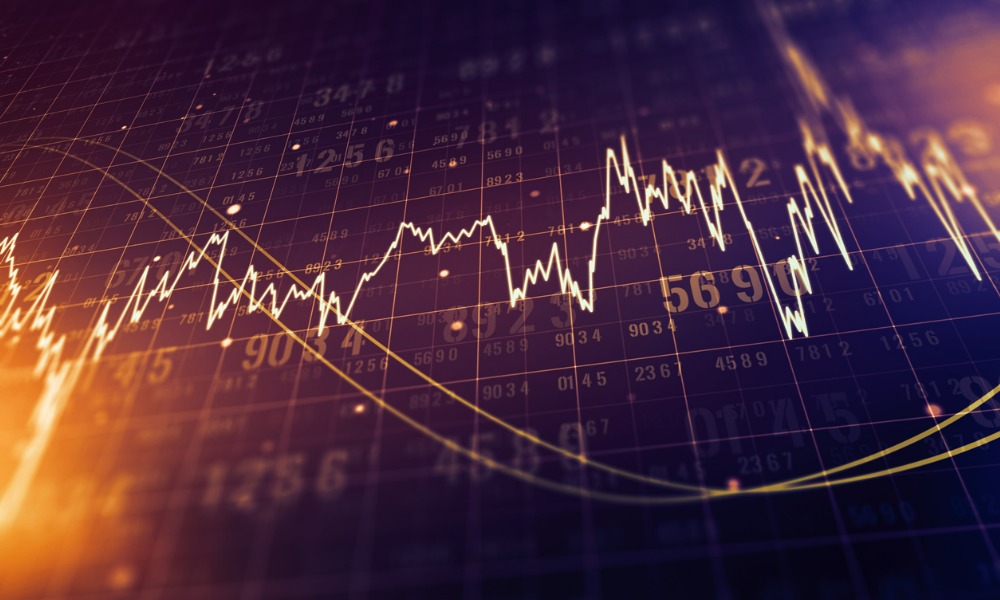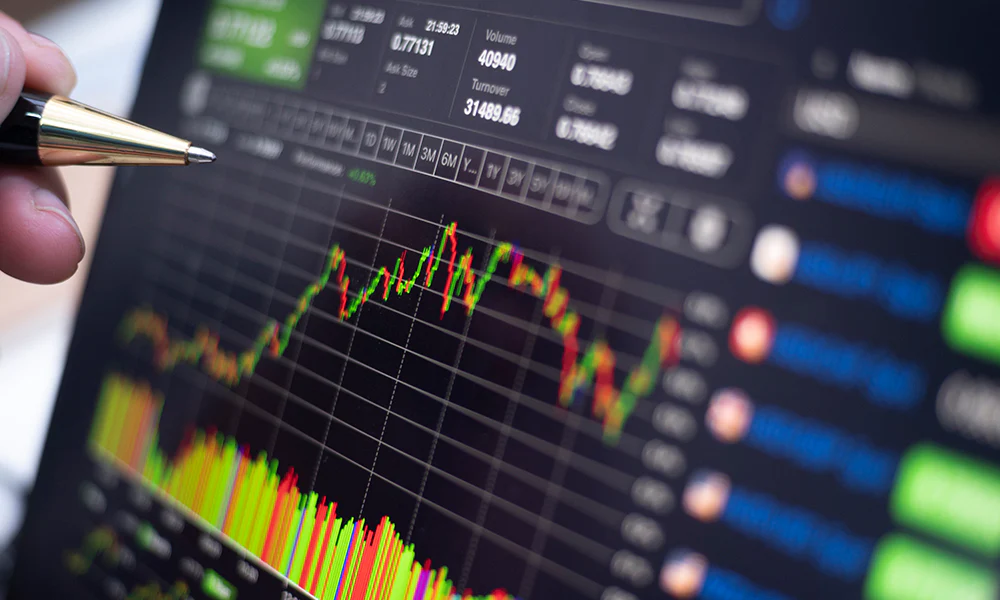Share market holidays, including those observed by the National Stock Exchange (NSE), introduce a unique psychological dynamic into the world of investing. As markets temporarily close their doors, investors undergo a range of emotional responses and strategic contemplations. Understanding the psychology of investors during share market or NSE holidays unveils the intricacies of how these breaks influence decision-making and shape market sentiment.
Relief and Respite:
Share market holidays provide investors with a welcomed break from the daily routine of tracking stock prices and market fluctuations. This period of respite allows investors to step back, relax, and temporarily disconnect from the intensity of financial markets. It’s a brief hiatus that offers relief from the constant pressure associated with making split-second trading decisions.
Reflection and Evaluation:
Investors often utilize share market or NSE holidays as a time for reflection and evaluation. This includes assessing the performance of their portfolios, reviewing recent trading strategies, and considering adjustments for future market conditions. The pause in trading activities serves as a natural checkpoint for investors to evaluate their investment objectives and the effectiveness of their current strategies.
Market News Absorption:
Even during market closures, investors remain attuned to global economic news and developments. Information that surfaces during NSE holidays can significantly impact market sentiments when trading resumes. Investors often use this time to absorb and process relevant news, preparing themselves for potential market shifts upon reopening.
Emotional Detoxification:
The stock market is inherently emotional, with price fluctuations triggering a range of emotions, from excitement to anxiety. Share market holidays offer investors a chance for emotional detoxification. Stepping away from the constant flux of market emotions allows investors to approach the next trading session with a clearer and more rational mindset.
Strategic Planning:
Share market holidays become strategic planning periods for investors. They use this time to reassess their financial goals, explore new investment opportunities, and fine-tune their overall investment strategy. By engaging in strategic planning during market closures, investors position themselves for a more focused and deliberate approach in the subsequent trading days.
Social Interaction and Influence:
Investors often leverage share market or NSE holidays for social interactions with peers, friends, and family. Discussions about market trends, investment strategies, and economic forecasts take place during these breaks. While social interactions can provide valuable insights, investors must balance external influences with their individual financial goals and risk tolerance.
Preparation for Market Resumption:
Ahead of market resumption, investors engage in preparatory activities. This involves studying historical market data, analysing potential economic indicators, and anticipating global events that might impact stock prices. Being prepared for the volatility that often accompanies the reopening of markets helps investors navigate the initial market turbulence more effectively.
Educational Pursuits:
Share market holidays also offer investors an opportunity for educational pursuits. Whether it’s reading financial literature, attending webinars, or exploring new investment instruments, investors use this time to enhance their financial knowledge. Continuous learning contributes to more informed decision-making and adaptability in dynamic market environments.
In conclusion, the psychology of investors during share market or NSE holidays is a complex interplay of emotions, reflections, and strategic considerations. These breaks in trading provide investors with a valuable chance to recharge, reassess, and recalibrate their investment approach. Understanding and navigating the psychological aspects of share market holidays can contribute to a more resilient and well-informed investor community when the markets reopen.






